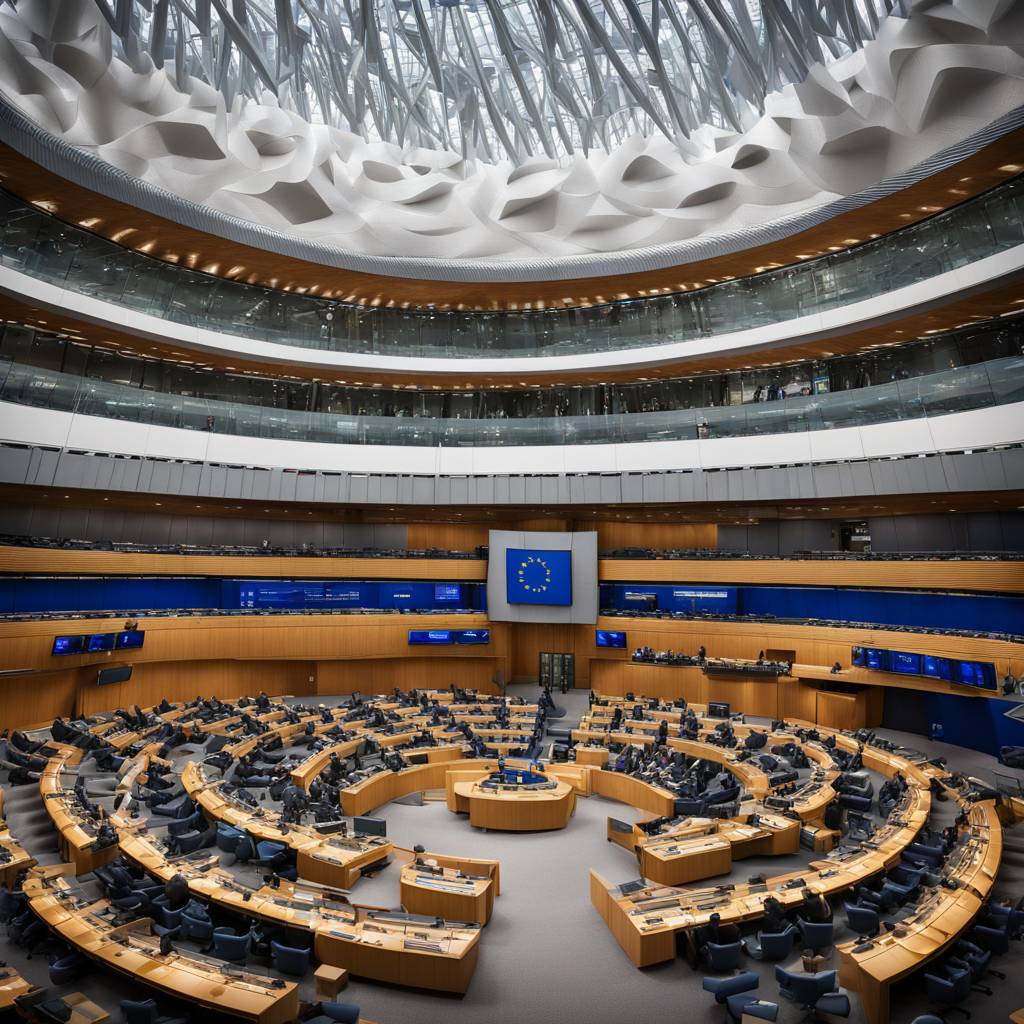The European Parliament narrowly approved a wide-reaching reform of the European Union’s migration and asylum policy after facing uncertainty and dissent from both the right and the left. The New Pact on Migration and Asylum, comprising five separate legislative pieces, aims to manage the reception and relocation of asylum seekers in a collective and predictable manner. The reform seeks to address longstanding issues surrounding migration management, including asylum seeker identification, accelerated border procedures, and refugee resettlement. The legislative process was complex and involved debates and amendments from both the Parliament and member states in the Council. The enforcement of these laws is expected to take about two years.
The New Pact introduces a system of “mandatory solidarity” to ensure that all EU countries contribute to alleviating pressure on frontline countries in Southern Europe. The extensive legislation covers various complex issues such as fundamental rights, unaccompanied minors, data privacy, financial contributions, detention periods, and national security. The high-stakes negotiations between the EU institutions concluded with the approval of the New Pact by the European Parliament. The main laws included in the reform are the Screening Regulation, Eurodac Regulation, Asylum Procedures Regulation, Asylum and Migration Management Regulation, and Crisis Regulation. The reform does not alter the long-standing “Dublin principle,” assigning responsibility for asylum applications to the first country of arrival.
The New Pact has faced criticism from NGOs, human rights advocates, and legal experts who warn that the push for common and predictable rules could compromise fundamental rights. Concerns have been raised about the fast-tracked border procedure potentially denying asylum seekers a fair assessment and increasing the risk of deportation. Deportation is complicated as it relies on other countries’ willingness to accept back rejected asylum seekers. Amnesty International has expressed concerns that the reforms could lead to greater human suffering, exposing asylum seekers to human rights violations such as illegal pushbacks, arbitrary detention, and discriminatory policing.
The European Commission and Parliament have hailed the New Pact as a historic and ambitious reform that will bring positive changes for all Europeans. The reform aims to improve border security, expedite asylum procedures, and combat abusive practices. Despite the contentious nature of the reform, mainstream parties see it as a significant achievement that they can showcase in the upcoming EU parliament elections. The implementation of these laws will require cooperation and coordination among member states to ensure that the New Pact is fully enforced and respects the shared humanity of those entitled to international protection.
The New Pact on Migration and Asylum represents a major overhaul of the internal aspects of migration management within the EU while also addressing external dimensions through agreements with neighbouring countries. The reform aims to streamline asylum procedures, prevent multiple claims, and manage migration flows effectively through mechanisms of mandatory solidarity. The adoption of the New Pact is seen as a step towards a common understanding and approach to migration management across the EU. Despite the challenges and criticisms, EU leaders are determined to make the reform a success and ensure that it upholds fundamental rights and values.


